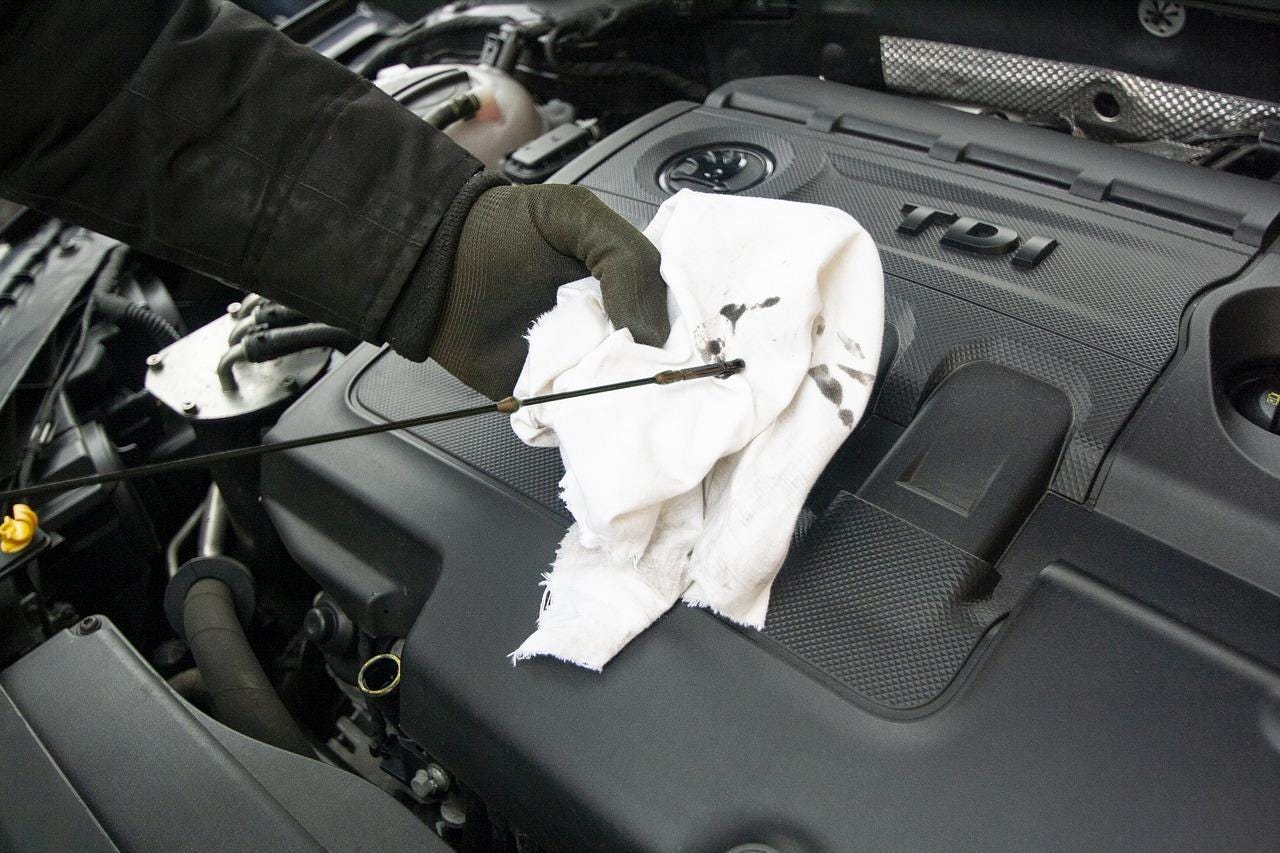How AI Is Enhancing Automotive Education
Image source: Pixabay
Artificial intelligence transforms how we approach automotive education. Schools and training programs now integrate advanced technologies into their curricula, making learning more interactive and effective.
AI-driven tools assist in diagnostics, allowing students to identify vehicle issues quickly. Simulated environments give hands-on experience without the risk of damaging real cars.
These advancements prepare future technicians for a rapidly changing industry. This guide, which looks into the impact of AI in automotive education, is an excellent read for anyone in this industry.
AI-Powered Diagnostics in Automotive Education
One significant way AI enhances automotive education is through AI-powered diagnostic tools. These systems analyze vehicle performance data, enabling students to diagnose issues with precision.
With these technologies, learners gain practical experience in identifying problems faster than traditional methods allow. This hands-on practice boosts their confidence and prepares them for the real-world challenges they will face as technicians.
Simulated Learning Environments
In addition to AI-powered diagnostics, virtual simulations play a crucial role in automotive education. These immersive environments allow students to engage with complex vehicle systems safely. Through simulated scenarios, learners practice troubleshooting and repair without the risks associated with real-world applications.
This approach enhances their understanding of both theory and practice, particularly in automotive and diesel technology education, providing instant feedback and simulations to accelerate learning curves.
Personalized Learning Experiences
Incorporating AI into automotive education also fosters personalized learning experiences for students. Advanced algorithms analyze individual progress, identifying strengths and weaknesses in real time.
As a result, educators can tailor lessons to meet specific needs, ensuring that each student receives the support necessary for success.
This targeted approach maximizes information engagement and retention. It helps aspiring technicians grasp complex concepts more effectively while encouraging self-paced learning.
Enhanced Data Analytics for Curriculum Improvement
AI also improves automotive education through enhanced data analytics by gathering and analyzing student performance data. institutions that use this data to identify trends and gaps in knowledge.
This information guides curriculum development, ensuring that programs remain relevant to industry needs. The proactive approach prepares students more effectively for their future careers by aligning their skills with the evolving landscape of automotive technology.
Collaborative Learning through AI Networks
The last but notable aspect is how AI facilitates collaborative learning through interconnected networks. These systems connect students with industry professionals and peers, fostering knowledge-sharing and mentorship opportunities.
As a result, learners can access expert insights and real-world experiences that enhance their education.
This collaboration encourages diverse perspectives, making the learning experience richer and more comprehensive. Engaging with industry leaders allows students better to understand current trends and technologies in automotive education while building valuable professional relationships for their future careers.
Looking Ahead in Automotive Education
Integrating AI in automotive education presents a promising future for both students and the industry. As technology evolves, so do the methods of teaching and learning.
Embracing these advancements prepares aspiring technicians for successful careers while addressing the skills gap within the workforce. Continued investment in AI-driven tools will ensure that educational programs remain relevant and effective, ultimately shaping a new generation of knowledgeable professionals.
